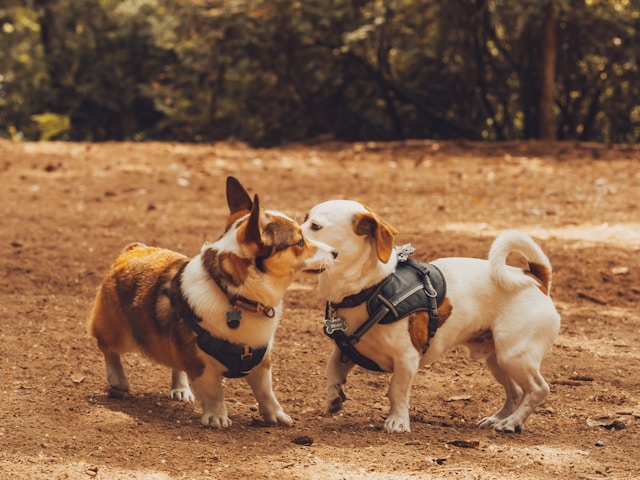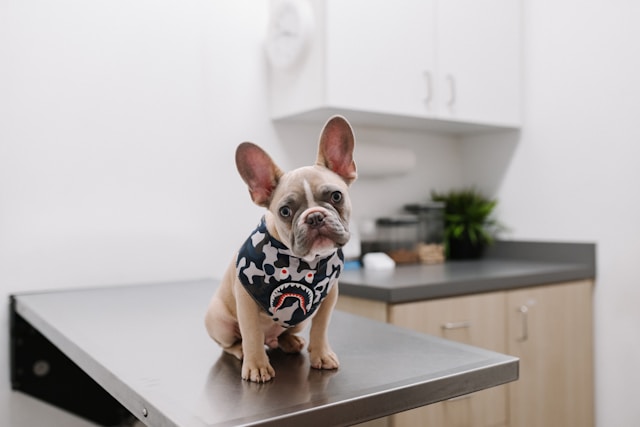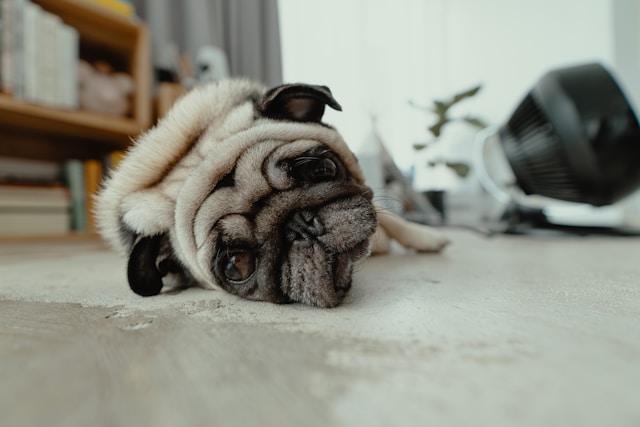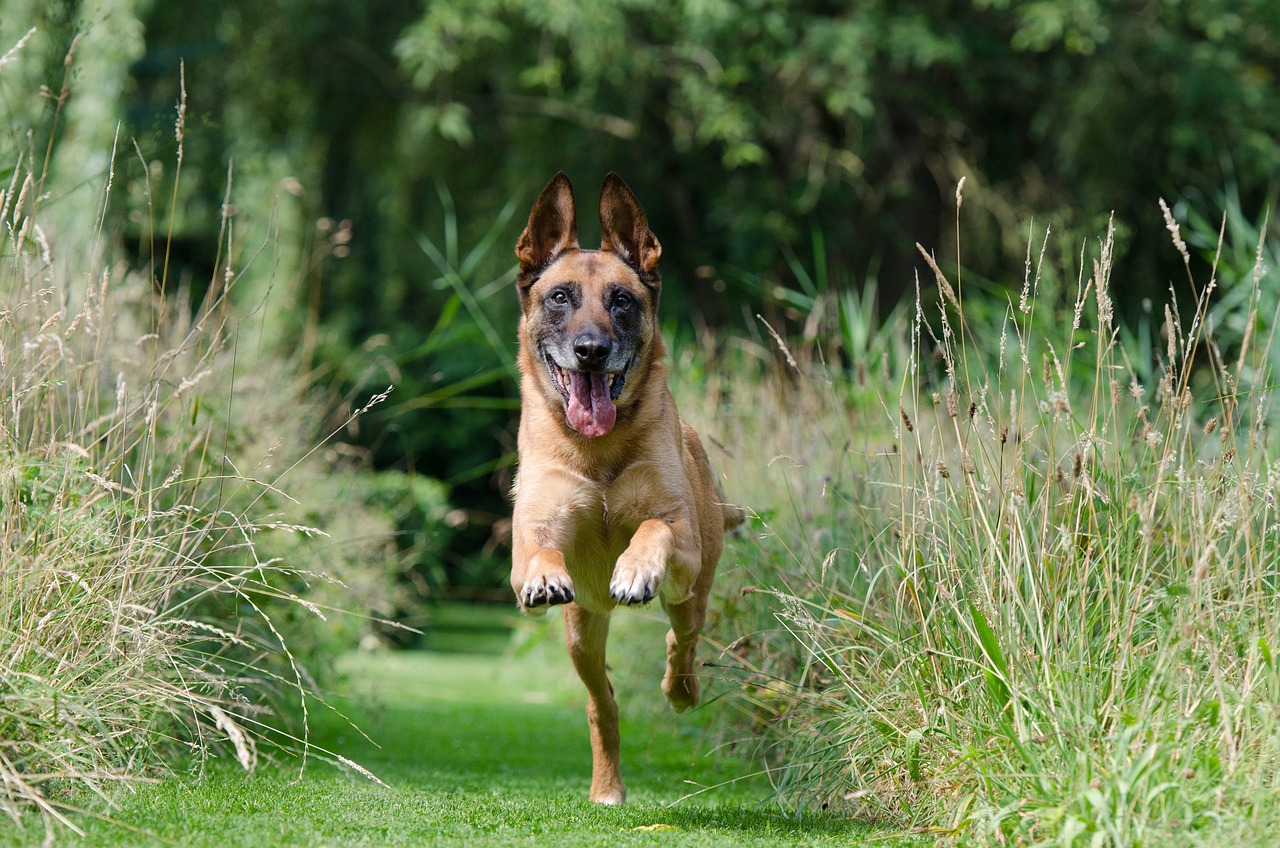Poison Ivy and Its Impact on Pets
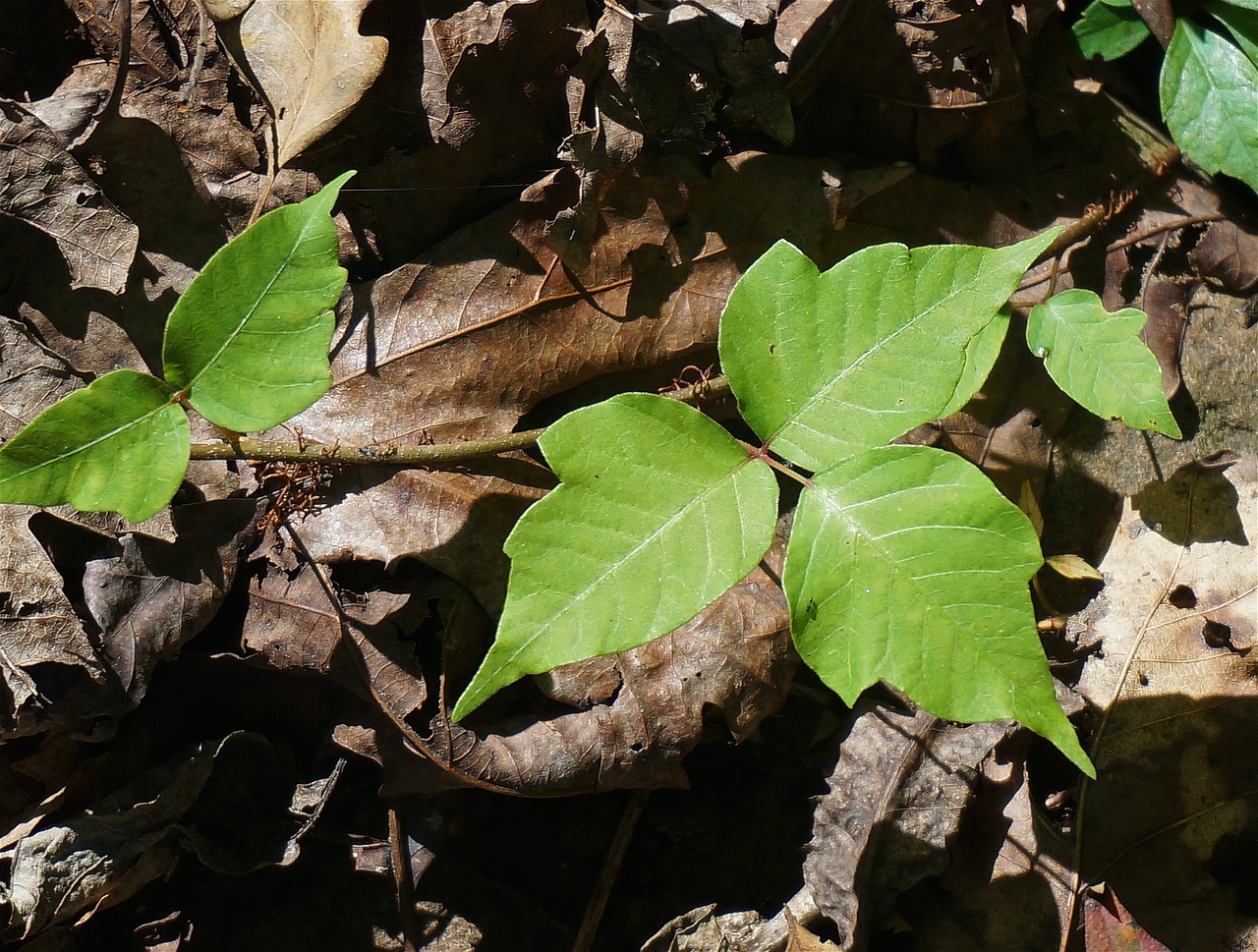
This plant typically thrives in wooded areas, frequently near trees. It exhibits versatility in growth, manifesting as a shrub, groundcover, or climbing vine. Identifying features include three almond-shaped leaflets and a "hairy" vine. The plant's color varies from light to dark green, with the leaflets taking on vibrant shades of red, yellow, or orange in the fall.
Poison ivy's sap contains a clear, itchy compound called urushiol, which can lead to skin irritation and, in some cases, a painful rash. Urushiol is persistent and can linger in the environment and on clothing, towels, or bedding for an extended period.
Can Dogs and Cats Be Affected by Poison Ivy?
Is there a risk of dogs and cats contracting poison ivy if they encounter it during outdoor activities or hikes?
Dr. Justine Lee, a board-certified veterinary specialist in emergency critical care and toxicology, and the CEO and founder of VetGirl, sheds light on this matter in her book "It's a Dog's Life… but It's Your Carpet." She explains, "They can, but fortunately, dogs don't seem to contract poison ivy nearly as often as humans. Thanks to their protective fur coats, the oils from poison ivy struggle to reach their skin. However, these oils can be transferred from your pet to you. Be cautious when hiking with your furry friend in poison ivy-infested areas, and refrain from immediate petting."
While occurrences are rare, dogs and cats with shorter coats, like Chinese crested dogs or Sphynx cats, can be affected by poison ivy. If your pet comes into contact with poison ivy, Dr. Lee suggests using colloidal oatmeal shampoo, also available for dogs, to alleviate their discomfort.
How Can I Prevent My Pet from Transmitting Poison Ivy to Me?
Now that we know pets are less likely to become affected themselves, how can we prevent them from inadvertently passing poison ivy oils to us?
-
Avoid petting your pet if you suspect the presence of poison ivy in the area and that your pet may have explored it.
-
Wear a towel to dry-wipe your pet after hikes while wearing gloves. This can reduce the chances of them transferring the oils to you.
-
Wash your pet's leash and harness with a mild detergent while wearing gloves.
-
Avoid touching your face.
-
Launder the clothes you were wearing after outdoor activities.
-
Take a shower to remove any residual poison ivy oil from your skin. Some recommend using a mild soap containing jewelweed to alleviate irritation and itching caused by poison ivy.
-
Bathe your dog to lower the likelihood of her carrying home poison ivy oils.
It's essential to remember that persistent itching and scratching in pets may arise from various causes, not solely from poison ivy. Factors like fleas, parasites, hot spots, allergies, and more can provoke itching. Excessive scratching and chewing can lead to secondary infections. If your pet exhibits ongoing itching and scratching, it's advisable to schedule an appointment with your veterinarian.
Get insurance plans with wide-ranging coverage options








